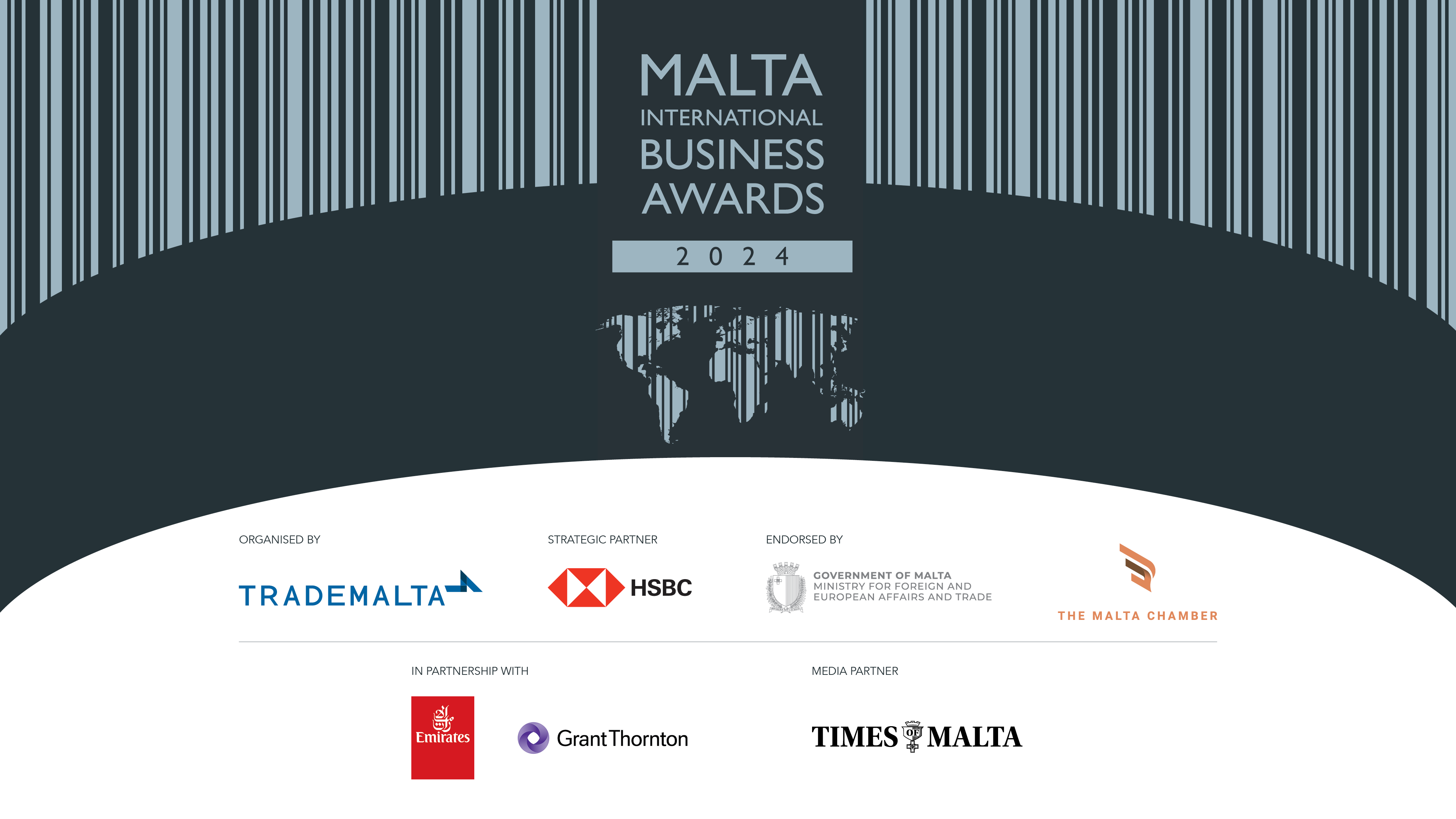

A key date in the economic and business calendar for 2021 was COP26, the aftermath of which left many stakeholders feeling underwhelmed ready by outcomes that are, or will be, inadequate in the fight against climate change and its unfavorable effects on businesses and economic sustainability. One of the most crunching pain points currently being experienced by global businesses, their supply chains and their consumers is the worldwide inflationary pressures being felt aggressively in the shipping and logistics industry.
Freight costs have been on a sustained aggressive growth path over the last few months. Initial issues related to the supply-side damage arising from the pandemic such as decreased container ship flow, less efficient port side operations and labour shortages have merged with issues relating to supply chains being unable to cope with the recent surge in consumer and industry demand.
Particularly problematic has been the skyrocketing cost of the containers themselves, mainly owing to them moving less freely and frequently from one port to another. This has manifested in drastic and sustained increases in shipping and freight costs. The cost of shipping a 40-foot-equivalent unit from China to the US has risen fourfold to a cost approximating $10,000.
Europe is also currently being rocked by an energy crisis which has been a key driver in pushing Eurozone inflation past 4.1%. This news brings with it the added worry of the European Central Bank having underestimated the strength and inertia of current inflationary dynamics.
In the beginning of Q4 2021 European average energy inflation grew to levels of 23.5%, with the European Commission not expecting this level to fall prior to the middle of Q2 2022. Energy inflation for each country is determined by their specific energy mix and needs. Considering this, countries such as Malta and Portugal stand as outliers as a mix of successful long term hedging contracts and local generation has allowed inflation to be tamed below the 2% mark.
Another factor is the increasing cost and shortage of supply for semiconductors and other elements that are crucial in European manufacturing. Such shortages and supply chain bottlenecks have caused almost a quarter of European manufacturers to experience a contraction in output. Narrowing the view specifically to Malta, the island microstate produces only around 20% of its food necessities, has limited access to fresh water and lacks energy sources. It depends on the importation of mineral fuels and oil, non-electrical machinery, aircraft, transport equipment, plastic and other semi-manufactured goods.
Malta must be more vigilant and forward thinking than ever to protect its economy from its weak links, while proactively working to strengthen and protect the country’s supply chains and avenues of revenue and growth, whilst also preserving the country’s competitiveness vis-à-vis its peers and partners.
This article was first published in The Malta Chamber Economic Vision 2022.
...
...


...

...
